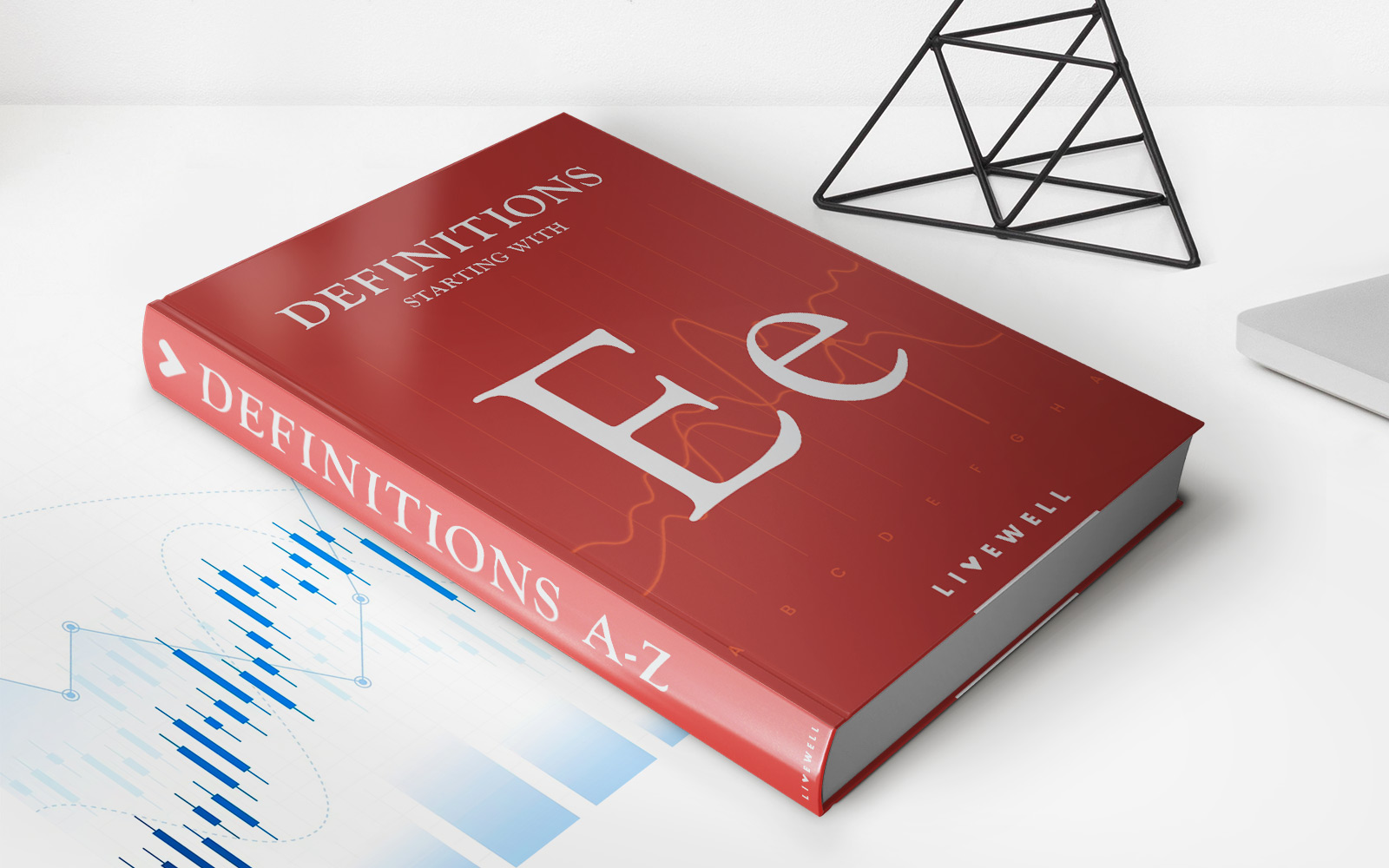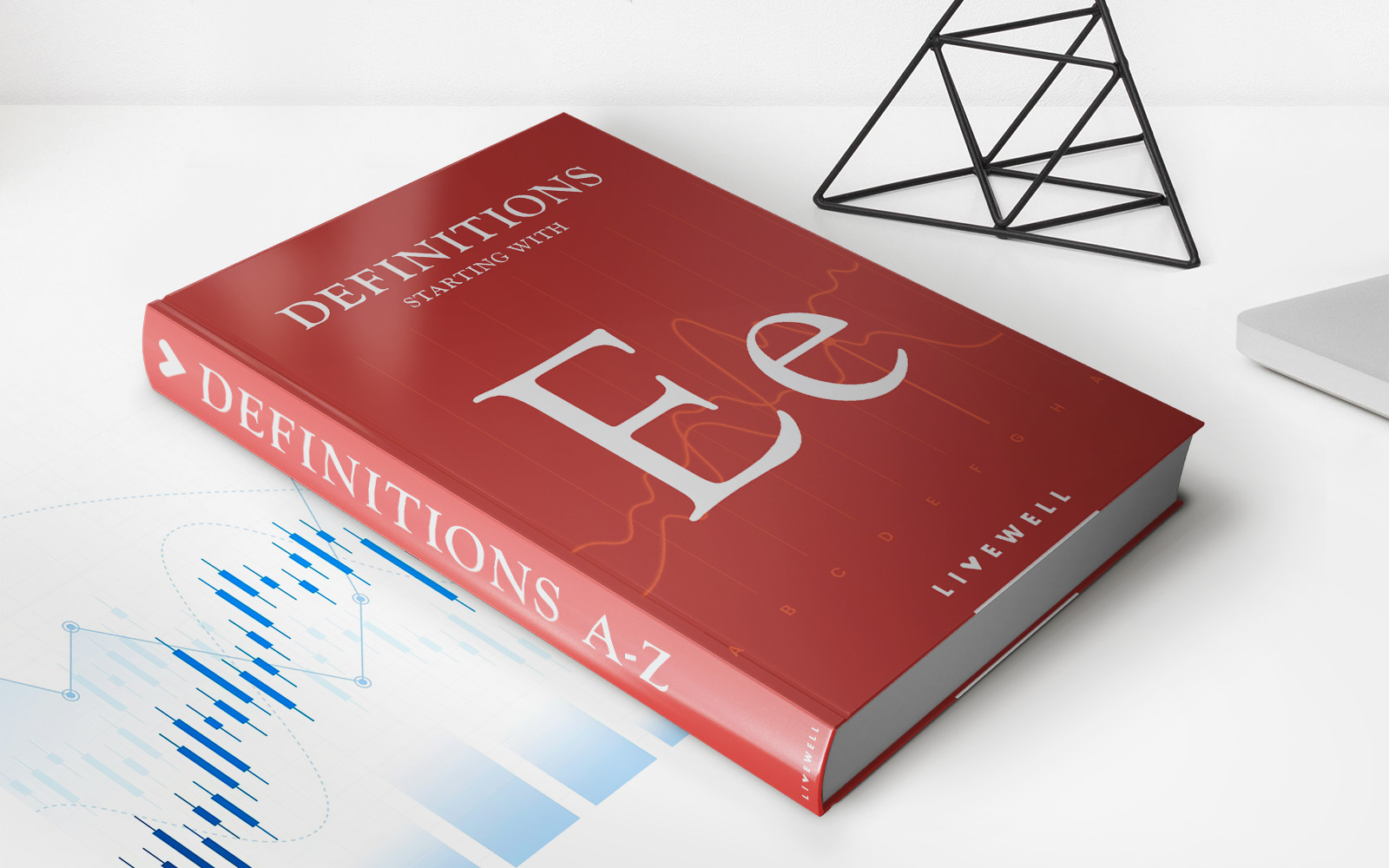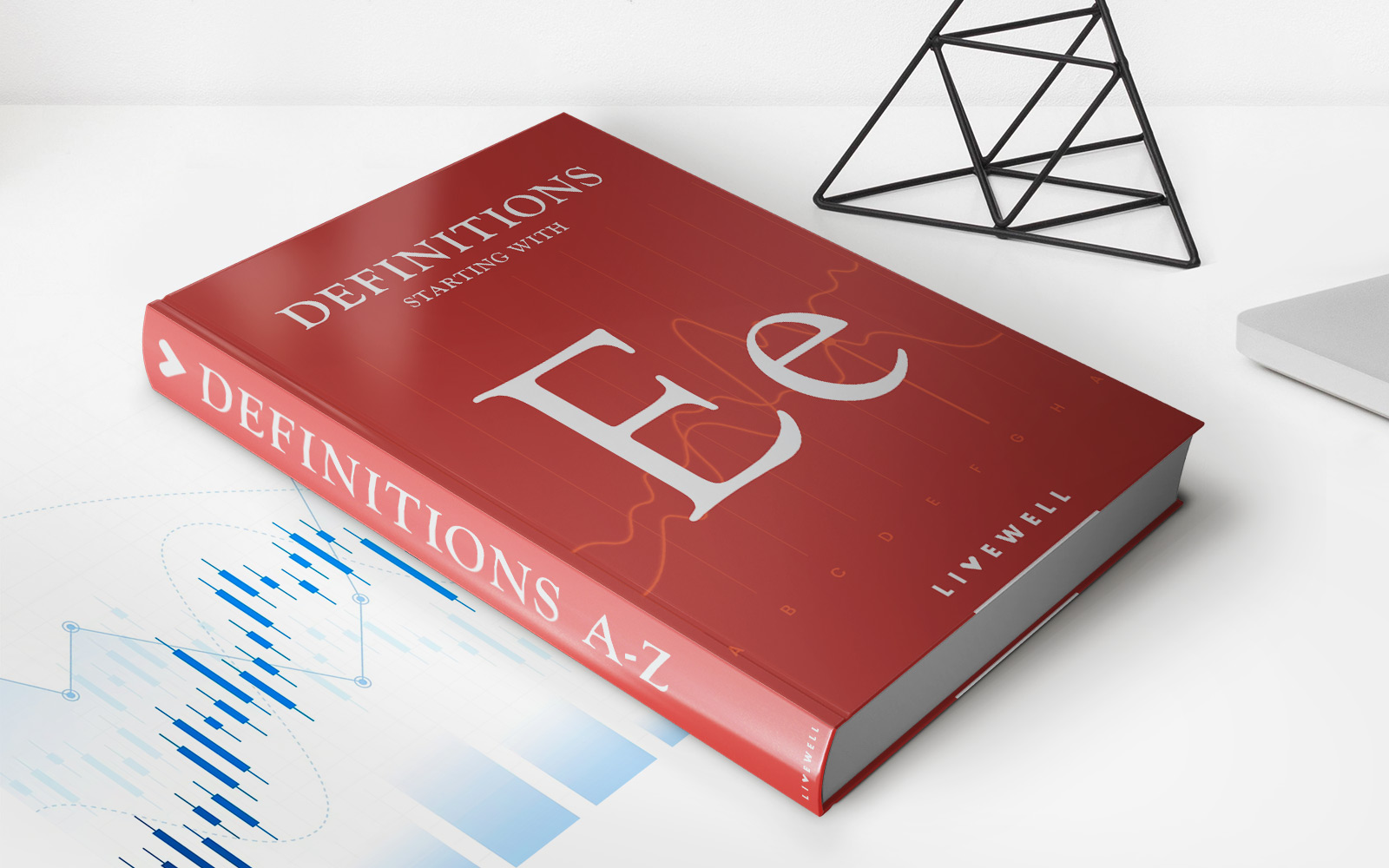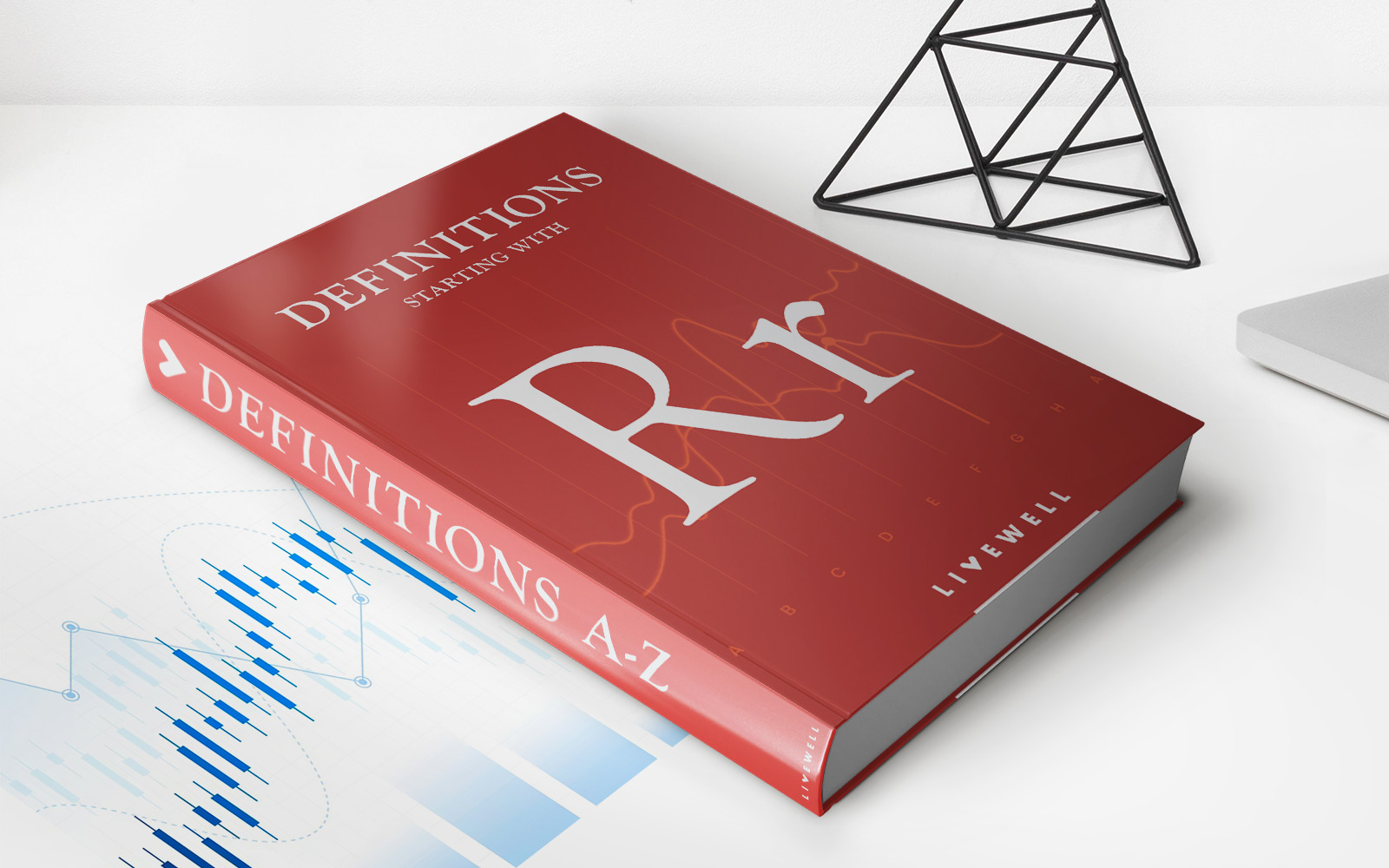Home>Finance>Basic Extended Reporting Period (BERP) Definition


Finance
Basic Extended Reporting Period (BERP) Definition
Published: October 14, 2023
Learn about the basic extended reporting period (BERP) in the field of finance and understand its significance in risk management.
(Many of the links in this article redirect to a specific reviewed product. Your purchase of these products through affiliate links helps to generate commission for LiveWell, at no extra cost. Learn more)
Understanding Basic Extended Reporting Period (BERP) in Finance
When it comes to navigating the world of finance, there are several terms that can seem confusing or overwhelming. One such term is the Basic Extended Reporting Period (BERP). If you’ve ever wondered about this concept and how it relates to your financial planning, you’ve come to the right place. In this blog post, we will demystify BERP and provide you with the essential information you need to know.
Key Takeaways:
- Basic Extended Reporting Period (BERP) is an insurance policy extension that provides coverage for claims made after a policy’s expiration or cancellation.
- BERP allows policyholders to report claims that may have been incurred during the policy period and extends the timeframe for submitting a claim.
What is Basic Extended Reporting Period (BERP)?
Basic Extended Reporting Period (BERP) is an insurance provision that extends the reporting period for claims beyond the expiration or cancellation of a policy. It allows policyholders to report claims that may have occurred during the policy period but were not reported before the policy’s expiration. BERP is typically found in professional liability insurance policies, such as errors and omissions (E&O) coverage.
How does Basic Extended Reporting Period (BERP) work?
BERP provides an additional window of time for policyholders to report claims after their policy expires or is canceled. The length of the extended reporting period varies and can range from one to ten years, depending on the provisions specified in the policy. During this period, policyholders can report claims that may have been incurred during the policy period but were not reported before the policy’s expiration.
Why is Basic Extended Reporting Period (BERP) important?
BERP offers protection and peace of mind for policyholders who may discover an incident or claim after their policy has expired. It serves as a safety net, allowing policyholders to report potential claims and seek coverage even if they missed the initial reporting deadline. Without BERP, policyholders would be responsible for any claims made after the policy ended, potentially leaving them financially vulnerable.
Key Takeaways:
- Basic Extended Reporting Period (BERP) is an insurance policy extension that provides coverage for claims made after a policy’s expiration or cancellation.
- BERP allows policyholders to report claims that may have been incurred during the policy period and extends the timeframe for submitting a claim.
In conclusion, having a basic understanding of Basic Extended Reporting Period (BERP) can provide you with valuable insights into professional liability insurance policies. The ability to report claims beyond the expiration or cancellation of a policy ensures ongoing coverage for potential incidents that may arise at a later date. If you are considering a professional liability insurance policy, be sure to discuss the availability and terms of BERP with your insurance provider to safeguard your financial well-being.














